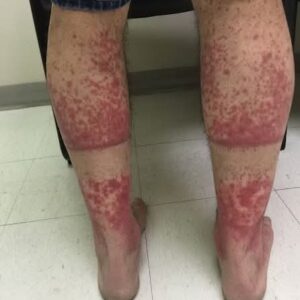Drooling while sleeping is often seen as harmless or even amusing. Many people assume it’s caused by sleeping in the wrong position, being overly tired, or having a stuffy nose. In most cases, this is true—it’s usually a temporary issue that resolves on its own.
However, if you consistently wake up with a wet pillow, it could be your body sending a signal. Persistent drooling, especially when accompanied by other unusual symptoms, may indicate an underlying health problem. While many causes are benign, there are some that can be more serious.
Certain neurological disorders can affect muscle control, leading to excessive saliva production during sleep. In these cases, drooling might be just one of several warning signs, signaling the need for a closer look at overall health.
In rarer instances, chronic drooling has been linked to specific types of cancer. Tumors in the throat, esophagus, or nervous system can interfere with swallowing and saliva management, making drooling more persistent and concerning.
Given these possibilities, it’s important not to ignore sudden or worsening symptoms. If drooling is accompanied by difficulty swallowing, unexplained weight loss, or persistent throat discomfort, it’s crucial to seek medical evaluation as soon as possible.
Early detection plays a crucial role in treating serious conditions, including cancers, which respond far better when caught early. Consulting a doctor can help rule out dangerous causes and guide you toward effective solutions.




